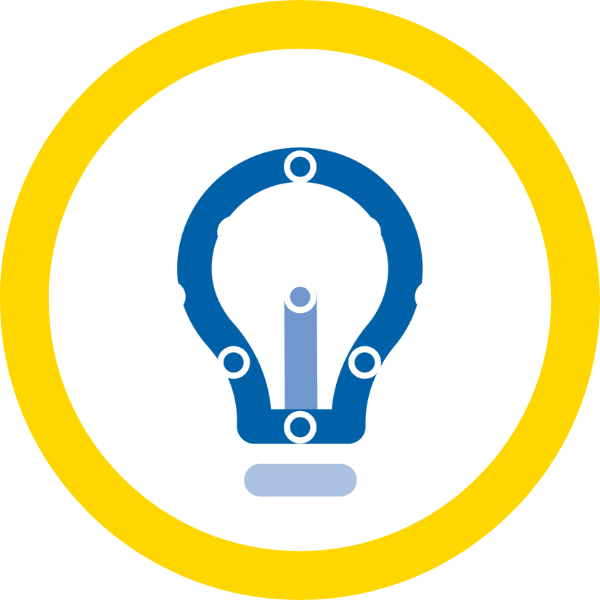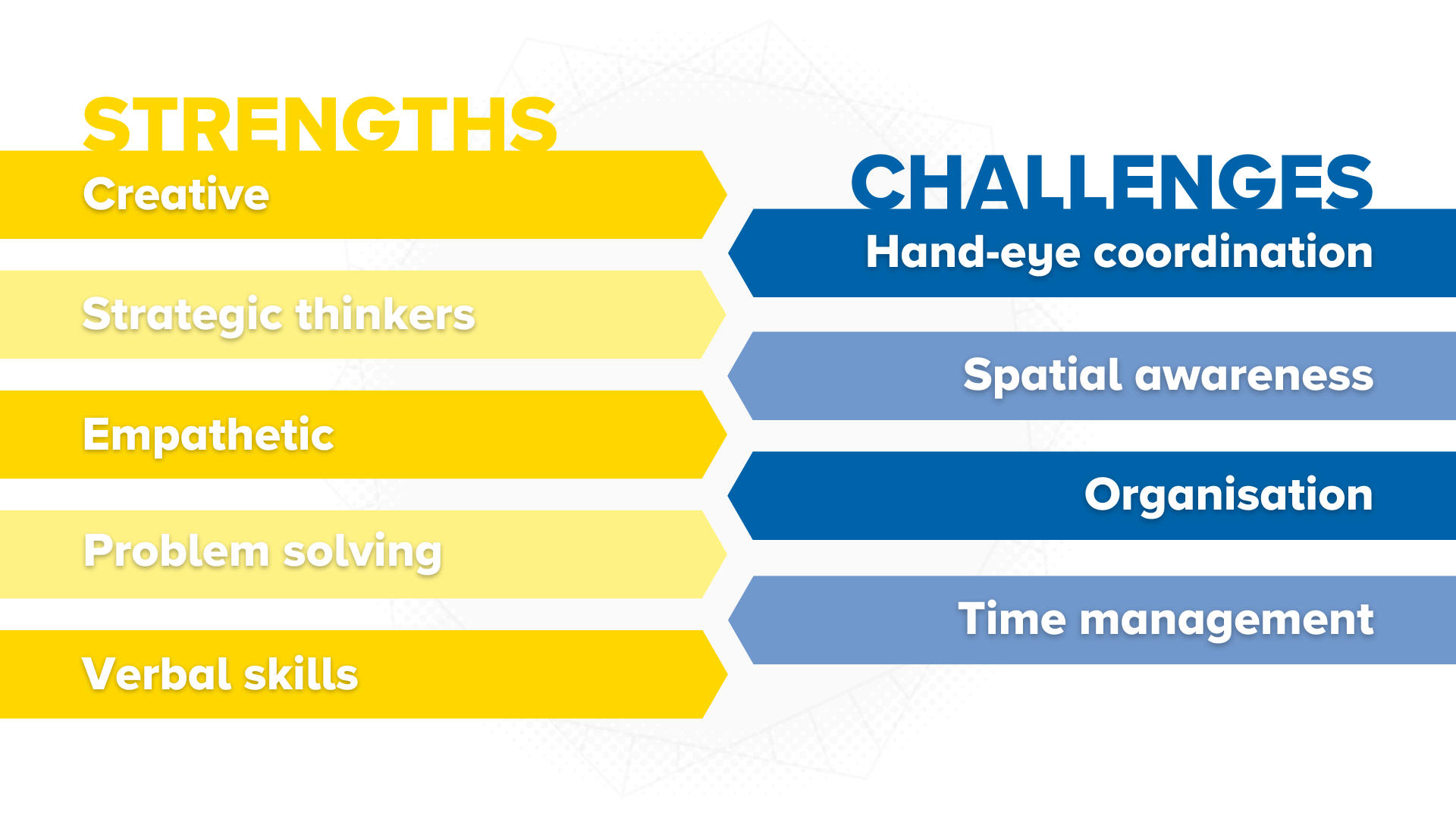If you think you might have dyspraxia, the first step is to do your research and learn as much as you can about the condition.
We all experience challenges with different behaviours and tasks, but if you find you notice the characteristics of dyspraxia more prominently in your own experiences – and importantly, it is having a significant impact on your life – it’s best to take action to get support.
Assessment and diagnostic processes for dyspraxia differ for children and adults.
If you believe your child may have dyspraxia, make a note of your concerns and discuss them with a medical professional, your child’s teachers, and their school’s Special Needs Coordinator (Senco). Your child may be referred to an occupational therapist, physiotherapist, paediatrician or another health professional for further assessment.
As an adult, you will need a formal diagnosis to access support. Unfortunately, there is no agreed pathway for the diagnosis of dyspraxia in adults and it can be difficult to get an assessment without paying. If you are seeking a formal diagnostic assessment for dyspraxia, it’s best to contact a medical professional first.
However, you could access a needs-based assessment to identify strategies, approaches and tools to support you in your daily life. A needs-based assessment can be carried out by wide range of people, including your health advisor, GP, occupational therapist, disability advisors or specialist disability tutors if you are in education. A formal diagnosis of dyspraxia is not required for a needs-based assessment.
Visit the ‘What to do if you believe you might be neurodivergent’ page for more information.






